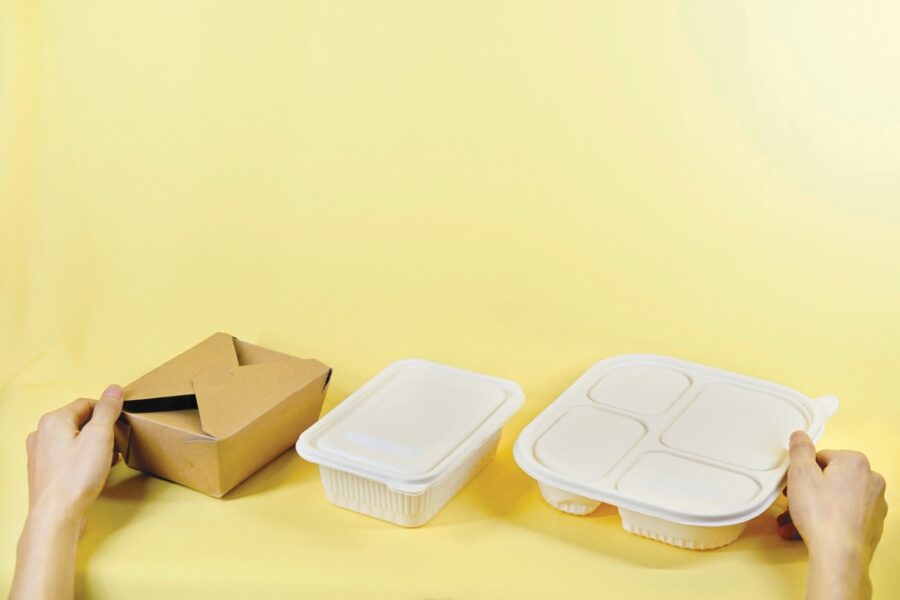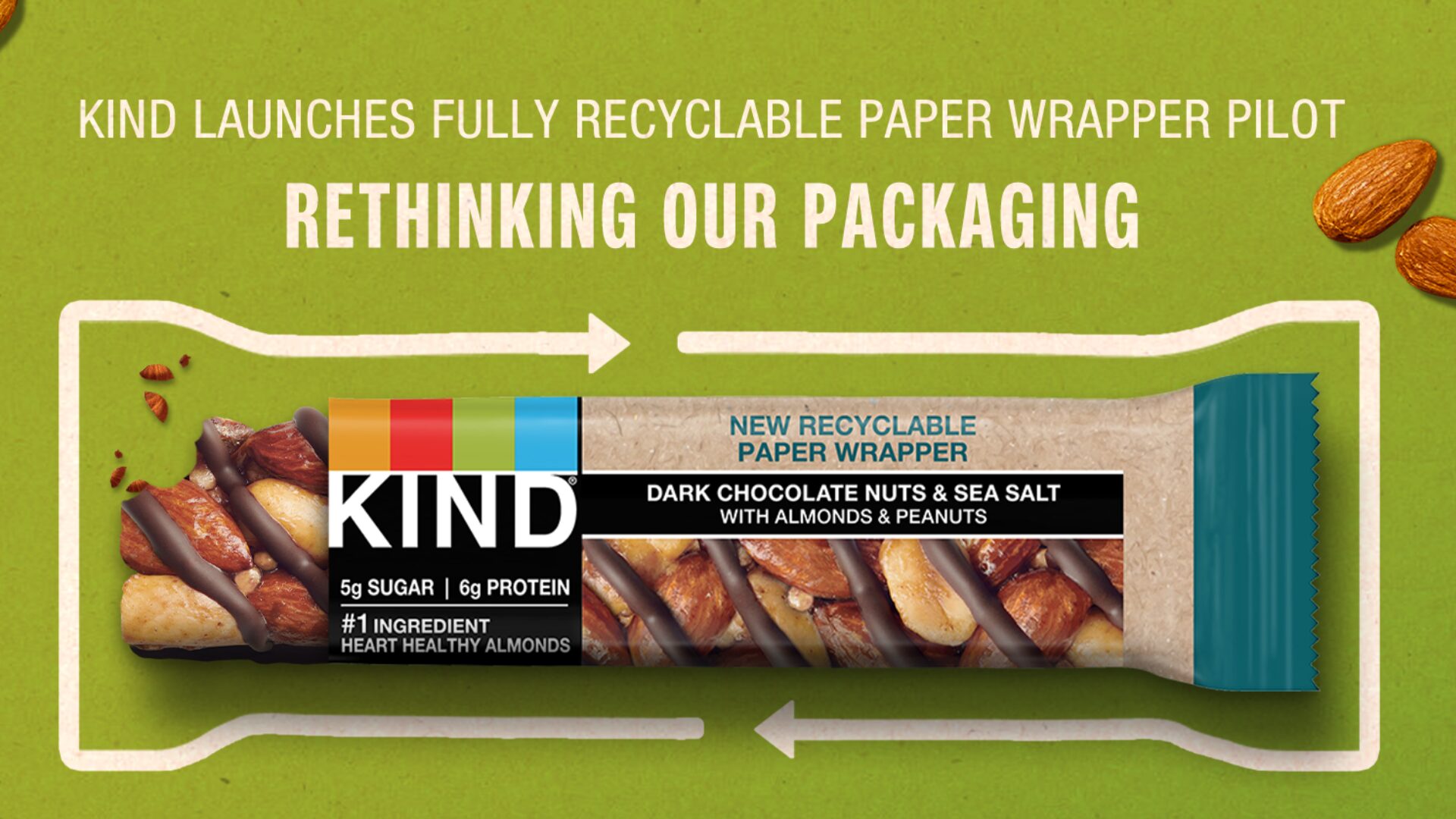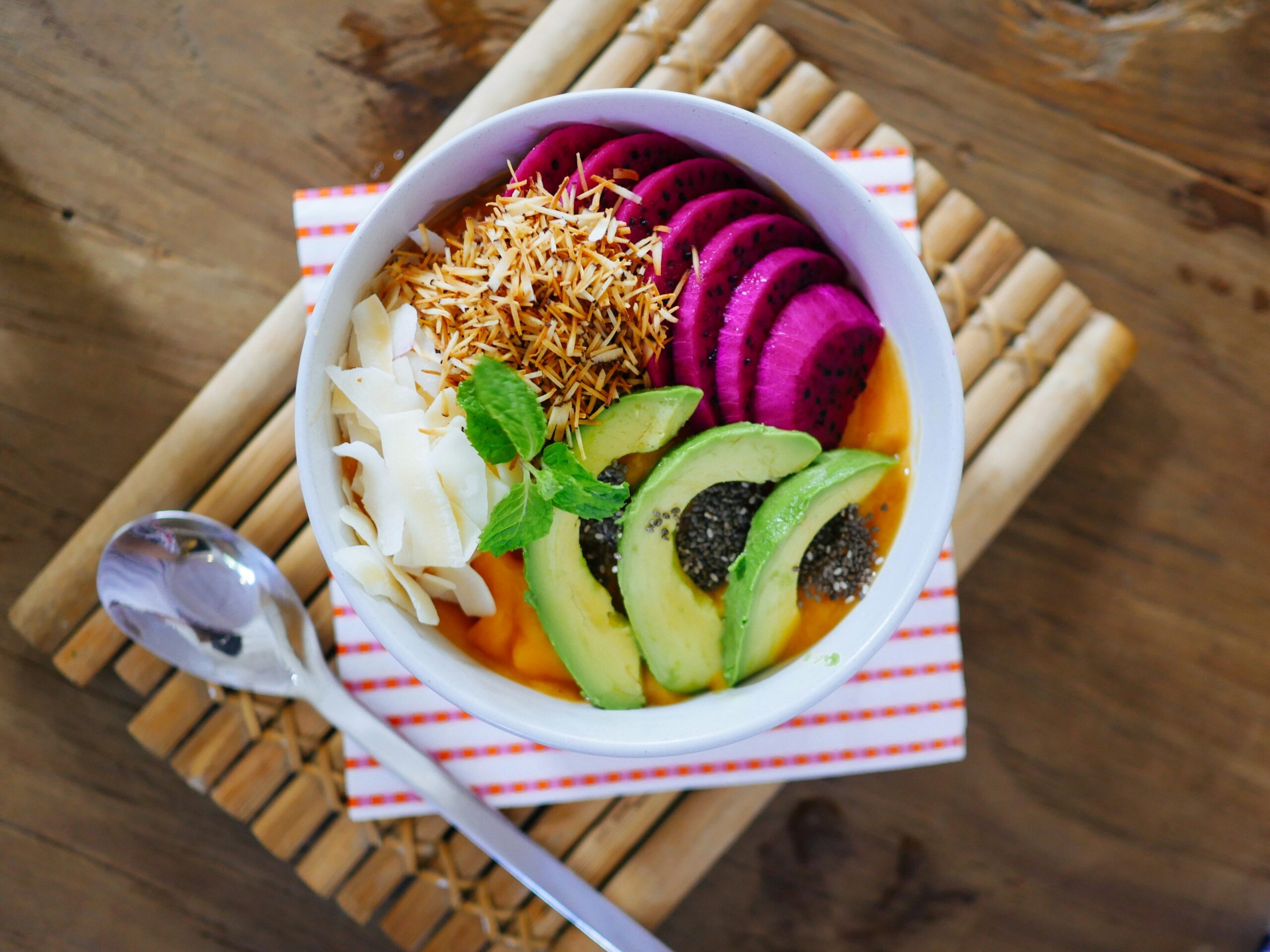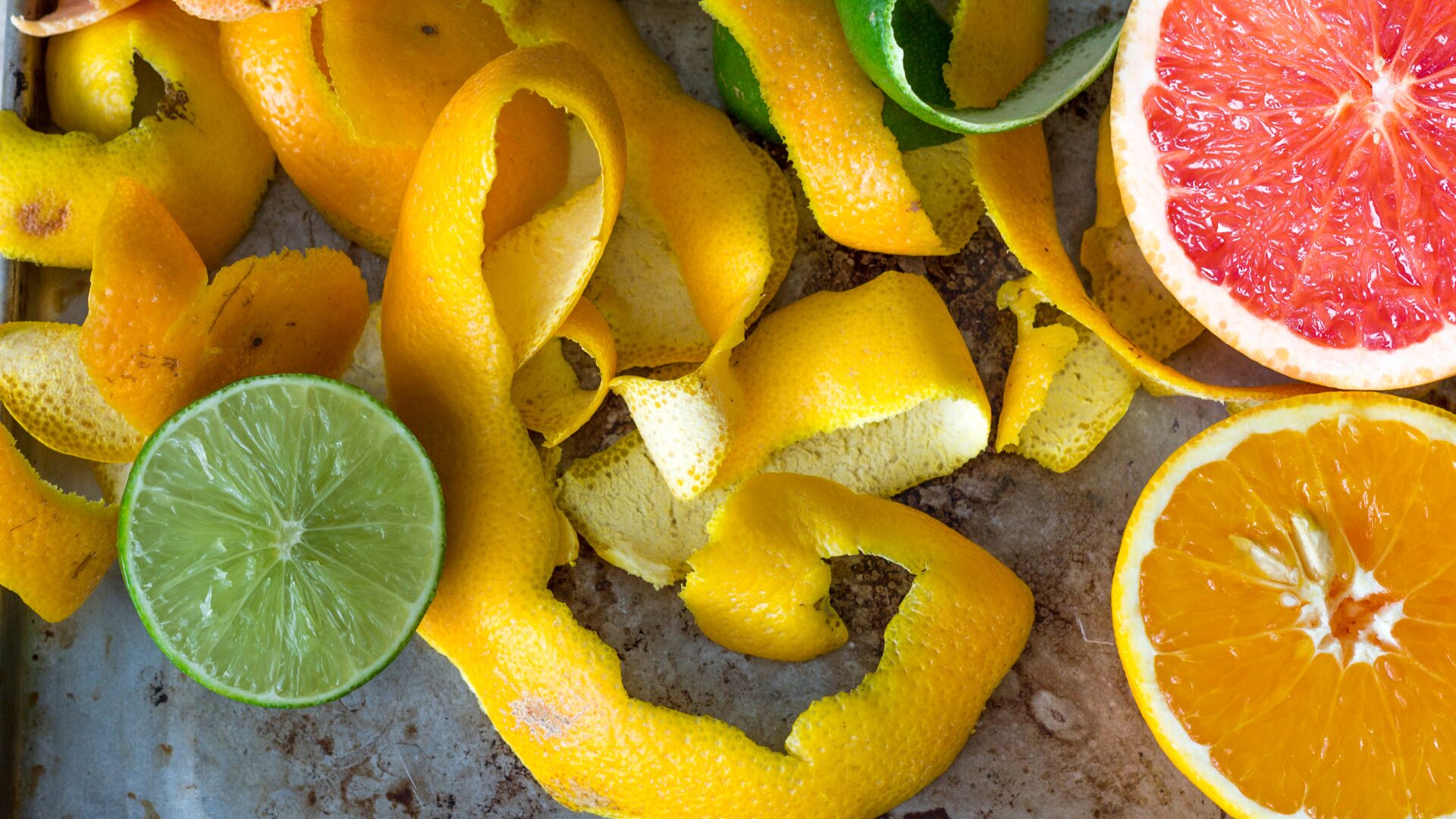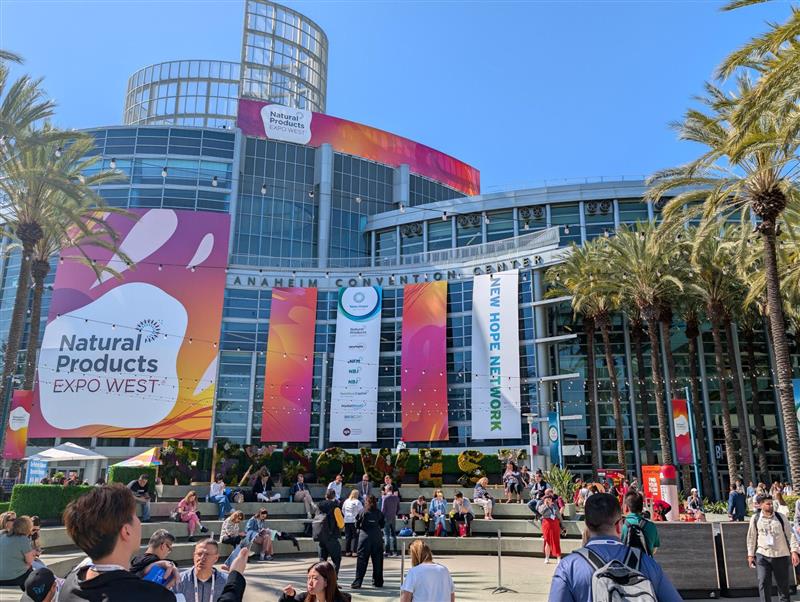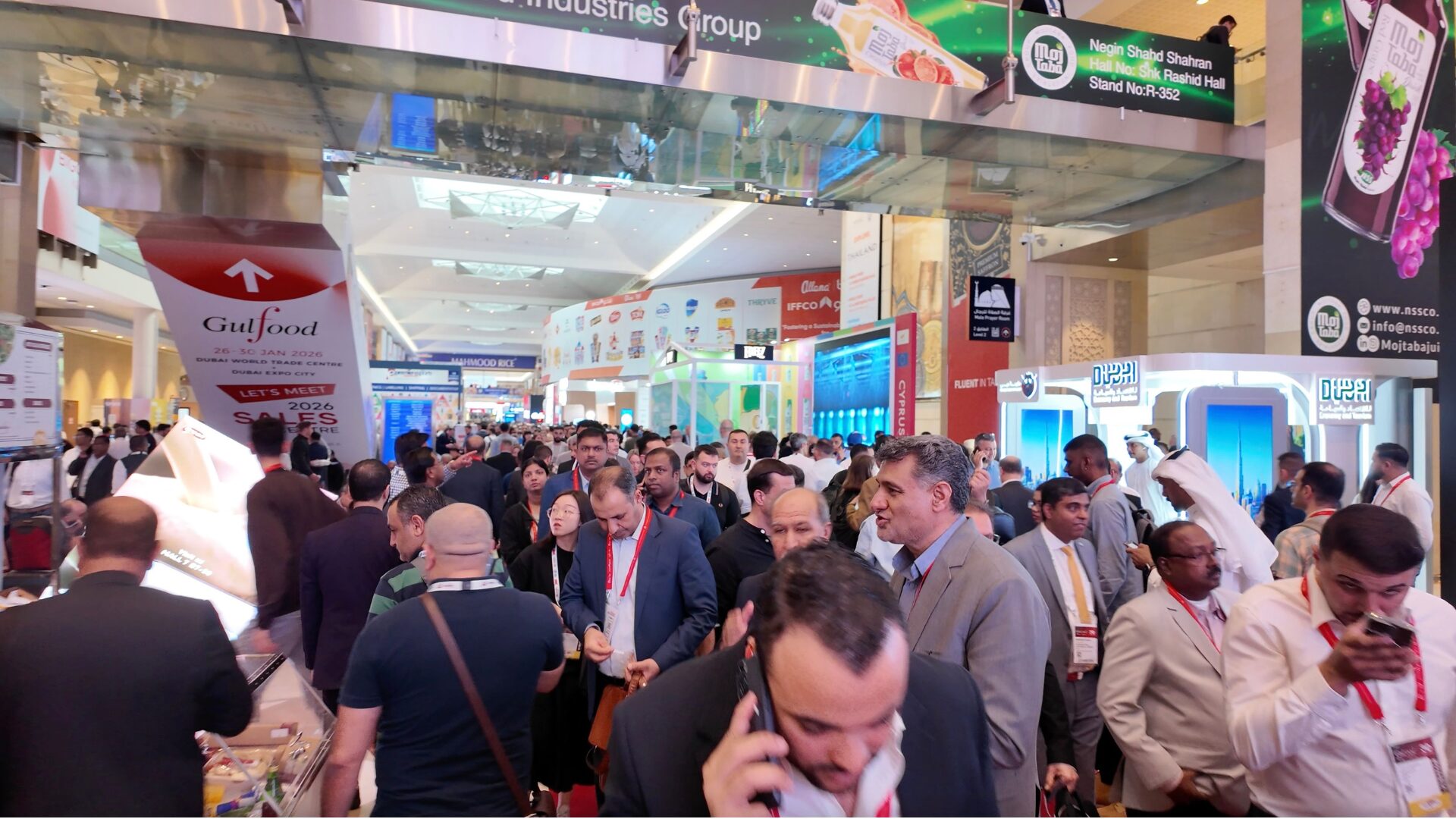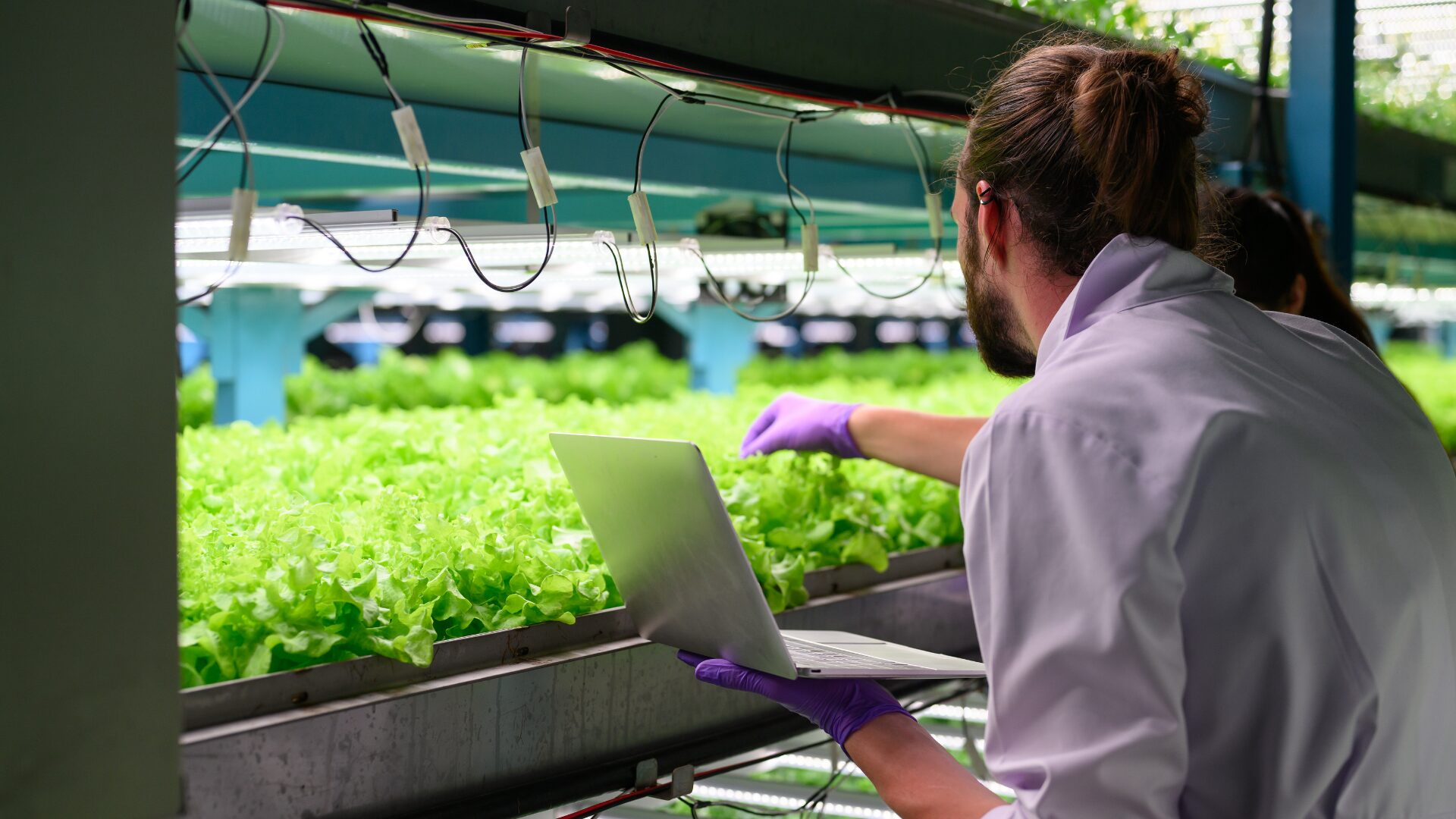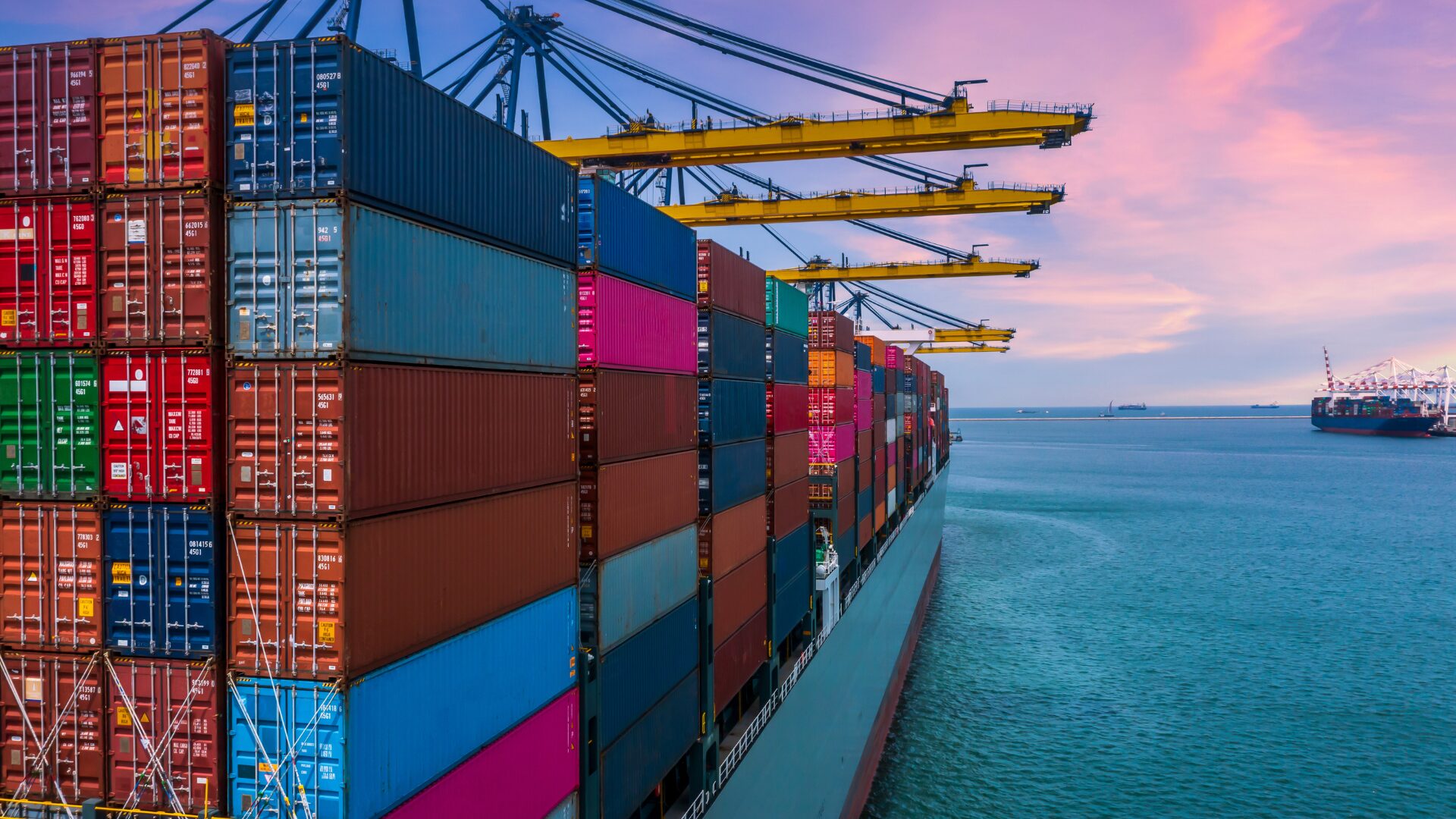Looking to meet rising consumer demand for sustainability, food and beverage companies are focusing on making their packaging more recyclable.
And while switching to more sustainable packaging requires investment in both time and money, many in the industry feel the effort is worth it.
Luxury tea company Tealeaves, for example, made strides toward its goal of minimizing the brand’s carbon footprint by utilizing compostable materials. The company’s teabags, for example, feature a plastic alternative called NatureFlex, made of birch and eucalyptus wood pulp.
According to company marketing specialist Kaajal Gill, Tealeaves identified “the need for connection among those who grow our food, transport it, and eat it in order to create a truly sustainable system.”
“The need for drastic change cannot be ignored,” Gill added, alluding to the industry’s need for more environmentally focused initiatives.
Food packaging innovations are the primary theme of this month’s Food Institute report, available to members on Wednesday (to join FI, click here).
Many in the industry expect biodegradable packaging that’s free of plastic to be adopted by more companies in the coming years – not just because it appears to be better for the environment, but such packaging is also becoming less expensive.
“It’s about finding the most sustainable [packaging] options at the best possible price,” said Beth Schubert, cofounder of Own The Grill, a website dedicated to grilling. “A lot of companies assume ‘sustainable’ means expensive, and that really isn’t the case.”
Many companies are increasingly switching to packaging materials like paperboard these days, with the environment in mind. Similarly, many coffee companies are packaging their coffee in fully-compostable pods.
Meanwhile, as demand for sustainable materials increases, the cost gap between recyclable and standard materials is shrinking.
“If food manufacturers make the switch to more sustainable materials, they’ll ultimately be saving in the long run, as plastic waste regulations get tougher,” noted Adam Kay, sales director at Tyler Packaging. “Take Extended Producer Responsibility (EPR), for example – once this kicks in in the U.K., manufacturers who switch to more sustainable packaging solutions will likely not be as impacted by the cost of compliance.”
“So,” he added, “it’s best to jump on the bandwagon before it’s too late.”


